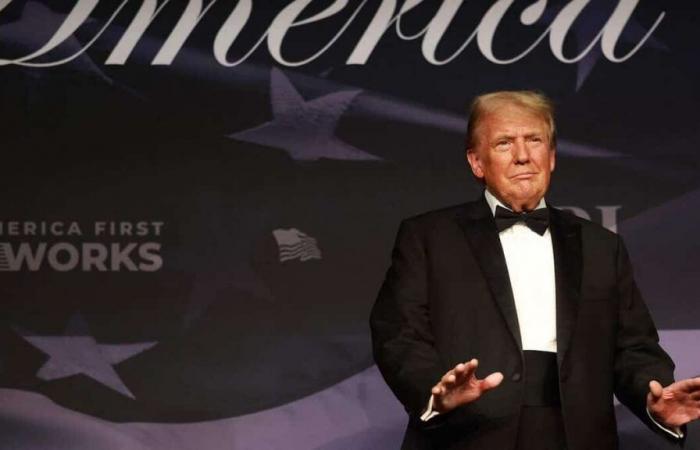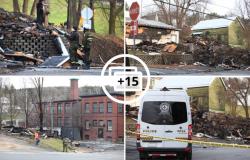This text responds to the letter from Philippe Lorange published on November 12, This old America that doesn’t want to die.
Since the presidential election in the United States, we have read and heard certain Quebec commentators who trivialize the re-election of Donald Trump. Euphemism rubs shoulders with social irresponsibility and uninhibited demagoguery. Thus, the woke scarecrow would be the greatest threat to the nation, and the warning signs of tyrannies would only be the fabrications of intellectuals in their ivory tower.
Lorange decries the polling houses, which have underestimated the Republican camp since 2016. This is first of all false: we underestimated the Democratic camp during the 2022 mid-term elections. Then, let’s not forget that a survey constitutes a photo of a population, not a prediction tool. Finally, let us point out that the statistical tools have been adjusted since 2016, so that most of the polls this time remained within the margin of error.
Probing is complicated by multiple means. What does Lorange suggest to remedy this? “The real poll would have been to give a voice to all these Americans from the silent majority.” This position lacks seriousness.
Perspectives and realities
Since “understanding what happened requires an open mind and an ability to get out of the same ruts,” Lorange considers the point of view of the average American, without ever confronting them with reality. He thus gives it an imaginary legitimacy.
Lorange perceives among the average American “the feeling that the connected elite of megacities and California [l’]gave up”. The analysis is spot on. It is also shared by Bernie Sanders, a leading figure of the American progressive left.
This sentiment does not justify a shift to the right, especially given Republicans’ contempt for the working class. During his term, Trump restricted overtime compensation, failed to raise the minimum wage despite his promise, and reduced workplace health and safety protections. The list would go on indefinitely.
Lorange also talks about inflation which is undermining the American dream. The majority of economists agree that Republican policies would only make this phenomenon worse, particularly compared to Democratic policies.
The accusation of disconnection from Democrats also seems superficial, especially when the author cites Wokism as one of the great dangers facing the Western world. Ignoring the climate crisis as the critical threshold approaches and the transition requires cooperation from the United States is choosing one’s priorities in a demagogic manner.
Fragile democracy
Finally, Lorange reminds us that “the people have spoken and want to decide in their own way. That’s democracy.” We would like a less naive vision from a sociologist. It would be risky to brush aside reasonable fears of authoritarian drift.
Let us end with Zweig, about a democratically elected contemporary: “Nothing has blinded German intellectuals as much as the pride of their culture, by encouraging them to see in Hitler only the agitator of the breweries who could never constitute a serious danger […] and even those who had pushed him into this position considered him a mere temporary worker and the National Socialist government as a mere episode.”
Charlotte Auger, economics teacher at CEGEP
Philippe Drouin, economist






